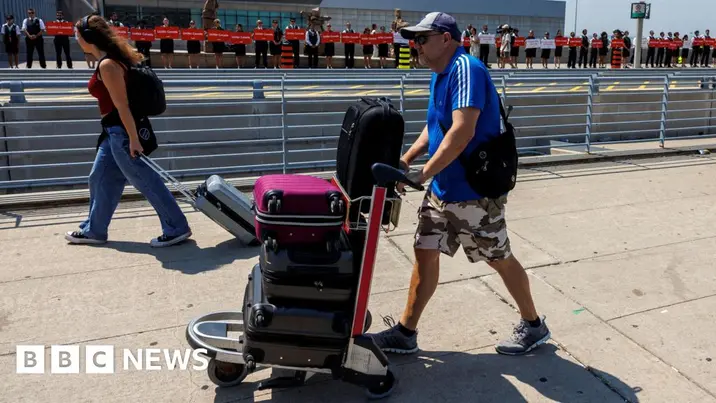T4K3.news
Air Canada strike ends as government orders return to work
Federal government orders flight attendants to resume work and begin binding arbitration after a brief strike that disrupted travel.
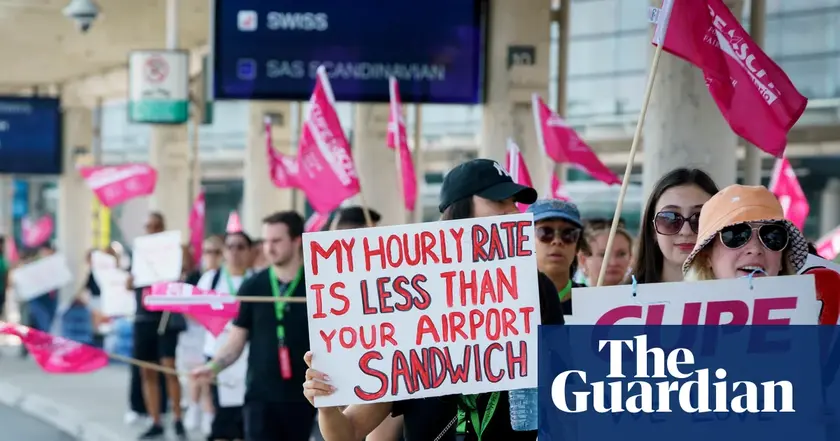
A government order ends a brief Air Canada strike and triggers binding arbitration amid widespread travel disruption.
Government orders striking Air Canada flight attendants to return to work
The Canadian government has ordered Air Canada flight attendants back to work and ordered binding arbitration to resolve the dispute over pay. The action follows a strike that began less than 12 hours earlier and has disrupted schedules for travelers during the peak summer season. Cirium data show hundreds of flights cancelled and more than 100,000 travellers affected as Air Canada operates about 700 flights a day.
Key Takeaways
"Travellers deserve a plan that keeps them moving."
A punchy line about travel reliability.
"Pay for every hour on duty, end of story."
A direct call to fully compensate pre and post flight work.
"Profits rising should not hide unpaid labor."
A critique of airline wage structures amid high profits.
"Arbitration must protect workers as well as passengers."
A stance for fair resolution balancing interests.
The move frames the dispute as a public interest issue rather than a private bargaining duel. It also raises questions about how far a government should go to protect travel reliability and what this means for future strikes. Critics say using broad powers could weaken workers bargaining leverage, while supporters argue it preserves essential services.
Highlights
- Travellers deserve a plan that keeps them moving.
- Pay for every hour on duty, end of story.
- Profits rising should not hide unpaid labor.
- Arbitration must protect workers as well as passengers.
Risk: potential political and labor rights backlash from forced arbitration
The government’s quick move to end the strike and impose binding arbitration could erode long-term worker leverage and spark political backlash. It may also influence future labor actions and how the public perceives fair pay for work performed around flights.
The outcome will test whether speed or fairness drives the next round of bargaining.
Enjoyed this? Let your friends know!
Related News
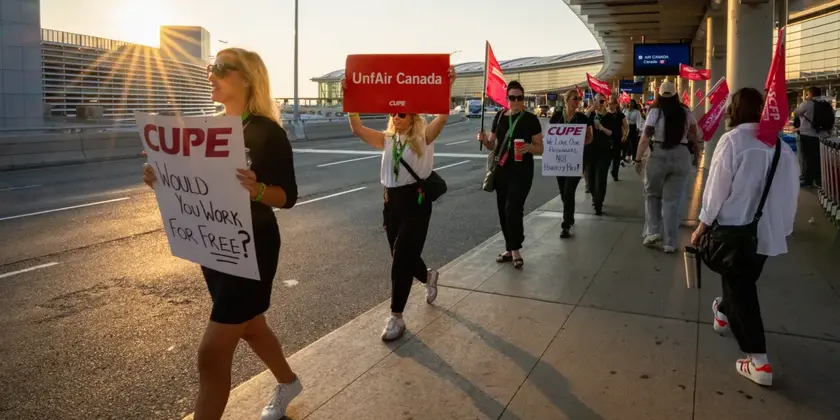
Air Canada arbitration ordered after strike
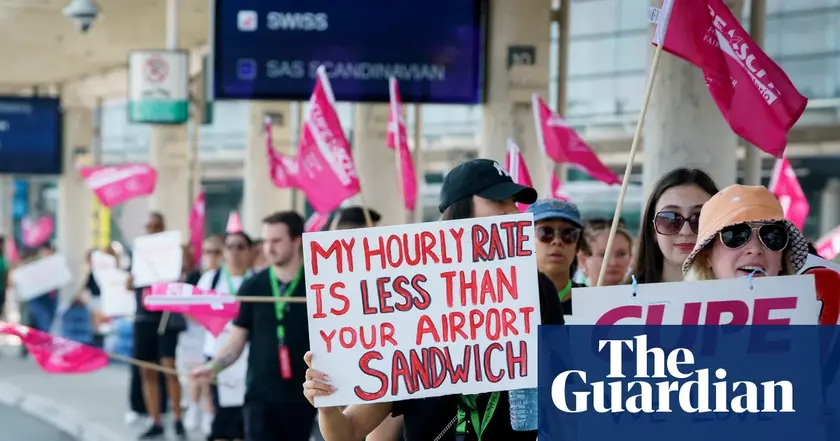
Air Canada strike escalates as government orders end to walkout
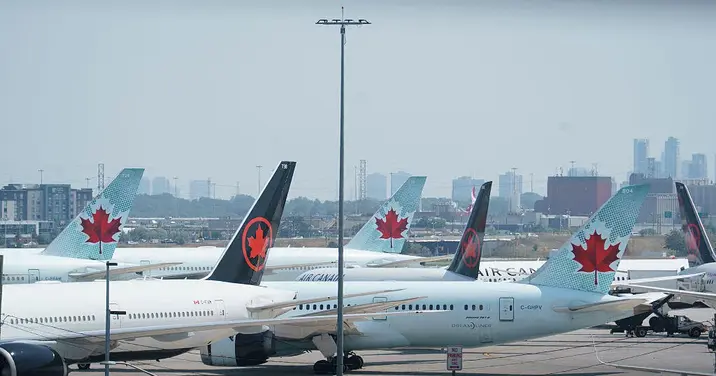
Air Canada delays resumption after strike
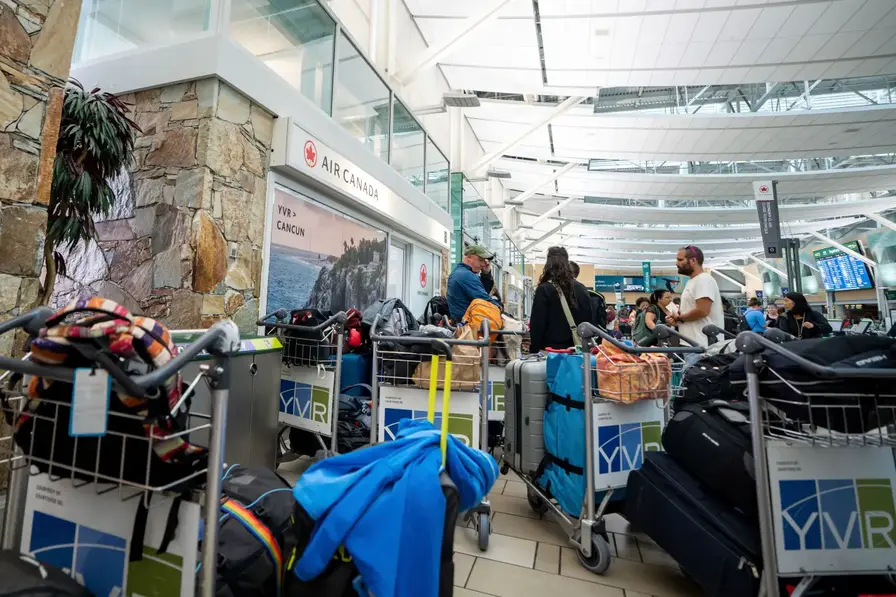
Air Canada halts restart after union defies order
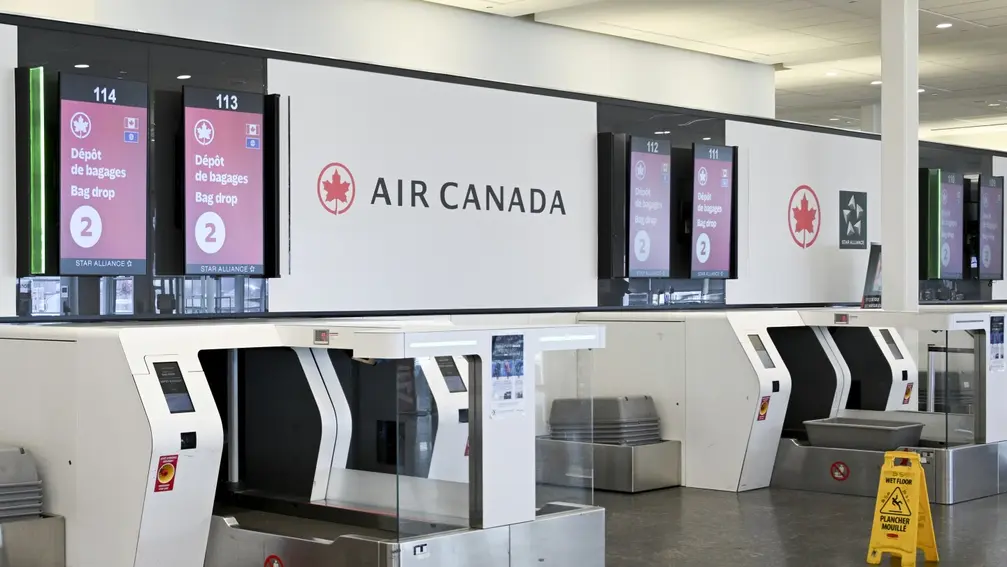
Air Canada flight attendants strike continues
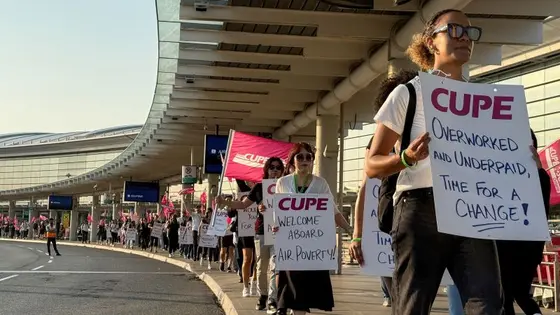
Air Canada strike continues after government order
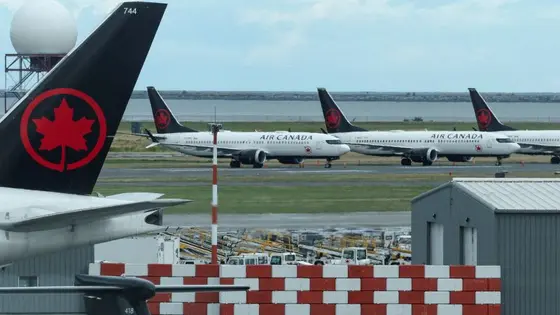
Air Canada resumes flights after government directive
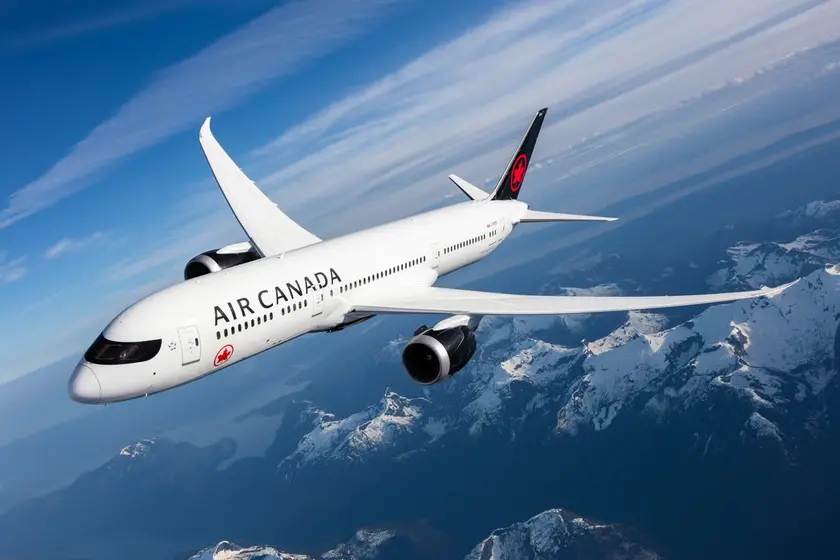
Air Canada shutdown looming
